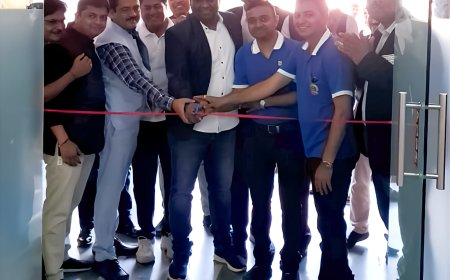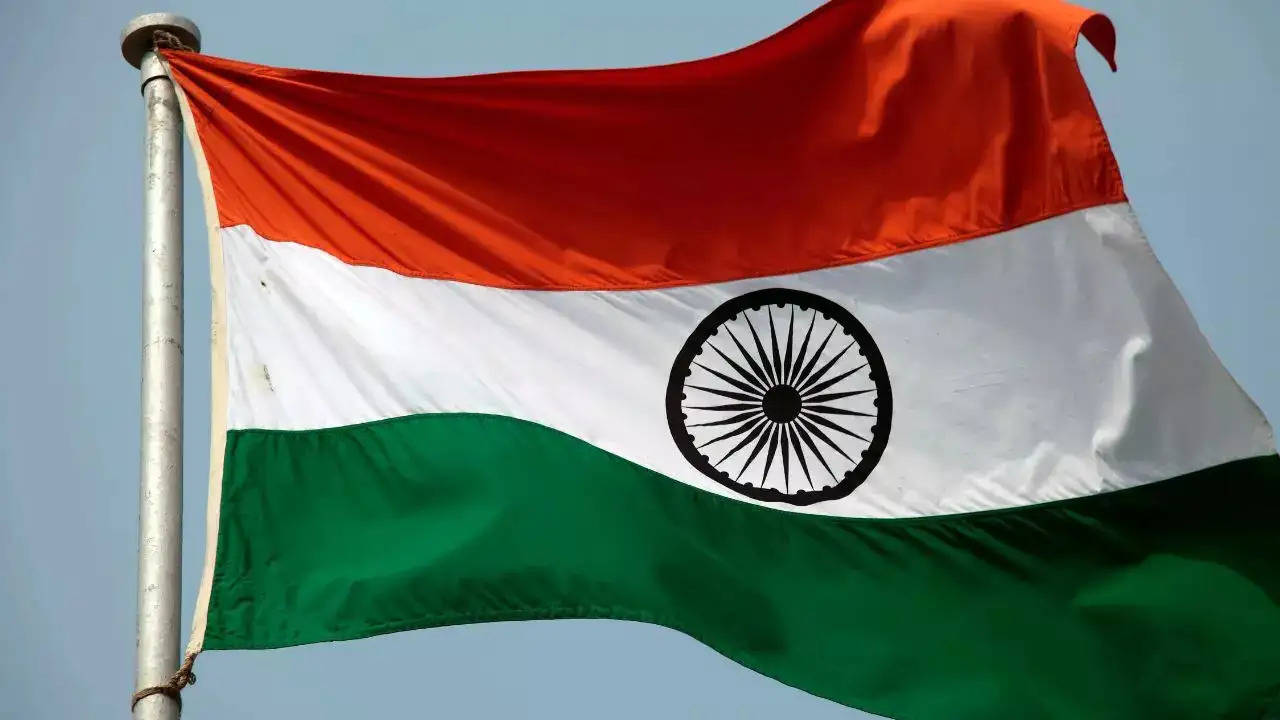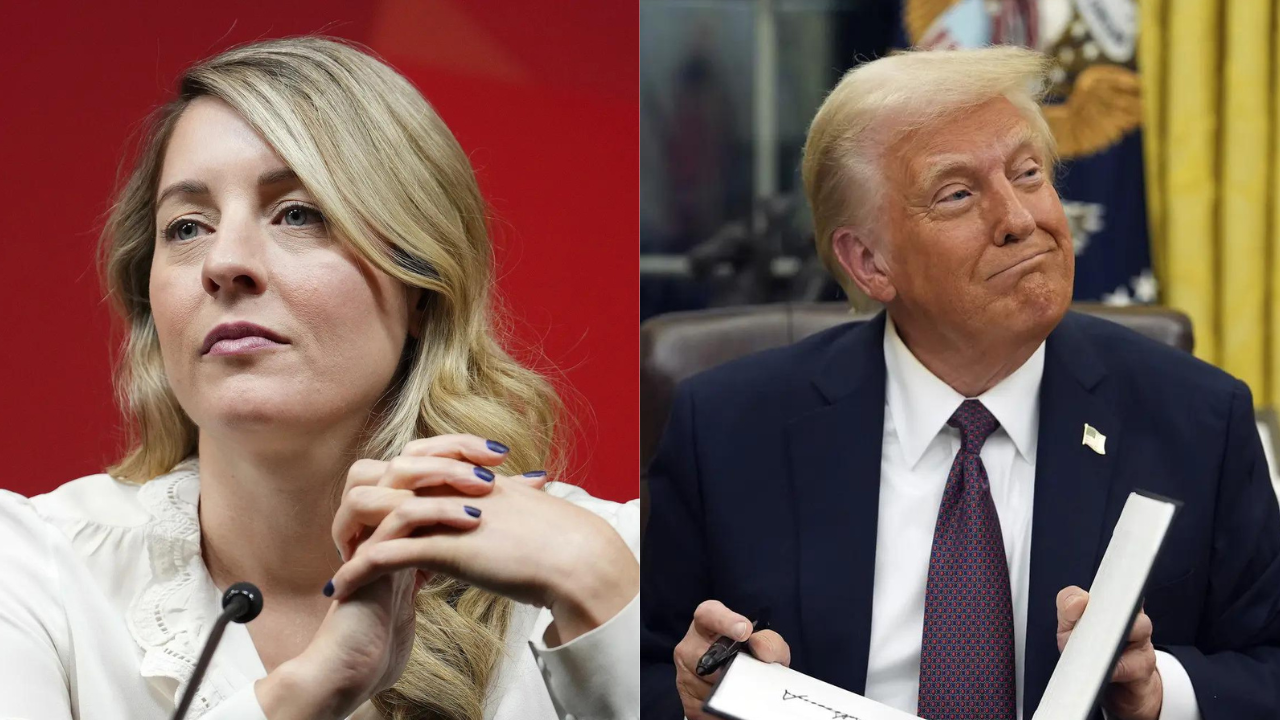At Davos, Smriti Irani On Perils Of Not Seeing Productivity From Health Angle

Join our WhatsApp Community to receive travel deals, free stays, and special offers!
- Join Now -
Join our WhatsApp Community to receive travel deals, free stays, and special offers!
- Join Now -
One of the key themes of the World Economic Forum (WEF), year after year, is the theme of inclusion. When the world talks about inclusion, diversity is critical, but also the role of women. Former Union Minister Smriti Irani spoke to NDTV at Davos on a wide range of issues linked to women.
One of the key points that Ms Irani, a leader who has done more for social inclusion and the rights of women than perhaps any other leader in India in the last several years, told NDTV is that it is important to look at productivity from a health perspective, instead of seeing it only from a skill set point of view.
She is the chief of the Alliance for Global Good-Gender Equity and Equality (AGG-GEE), launched at Davos in 2024.
On India's demographic dividend and the potential that it holds in relation to the role of women, Ms Irani told NDTV that broadly, Indians have for too long focussed on what is happening in the country, but now the focus must shift to Indians who are leading the global narrative.
"I believe the time has come that we shift the narrative to Indians leading the global narrative on issues such as inclusion, climate change, health innovations for global good. Many a time, people constrain us only to our geography, believing that we may be only experts on the Indian demography," the former Union Minister said. "So the lounge that you see here [at Davos] is not a lounge which is dedicated only to the cause of inclusion, or to the energy of inclusion limited to India. We are saying we've done this in India for the world."
Ms Irani said India is taking its learnings to internationally acclaimed establishments such as the World Bank and the United Nations; collaborating with organisations like the World Health Organisation; looking at budgets by policy makers, global innovators and captains of industry on how much investment can come to women-owned businesses and companies that are dedicated to health innovations and products for women, and how to make these products affordable.

To a question about data that shows women own a third of the world's wealth, and are likely to control 50 per cent of the world's wealth in the next five years, Ms Irani said the consumption capacity of women around the world currently is $20 trillion.
"That is something that we never talk about. When the inclusion agenda, especially with regards to women, is spoken about, it is more philanthropic in nature. It has to do more with violence, domestic or for that matter, outside. My belief and my experience in the gender agenda is that the more you enhance the capital capacity of a woman, the safer an environment you give her, both at home and at work," Ms Irani told NDTV. "You cannot talk about just philanthropy, be emphatic in your rhetoric, and not put the money where the mouth is."
Impact Of AI On Women At Work
At Davos, where the conversation is predominantly on the impact of artificial intelligence (AI) and automation, Ms Irani said if jobs are automated, 70 per cent of the jobs that will go are jobs done by women because most of the jobs of female professionals are at entry level.
"What happens to that big labour force that we have encouraged till now to become a part of global reality? How do they get displaced? What are the strategies of policy makers, of companies with regards to such human potential and capacity? The other part is that if you look around Davos, the conversation this year is on the next level of AI engagement," Ms Irani said, adding that till now many Indians and global citizens have looked at AI from a generative AI perspective, which means one gives a prompt to an AI service and tells what to draft.
"It [AI service] may give you a prompt on music, on art, but it doesn't help you manifest, let's say, a workflow. Now, what happens when you have AI agents, which will become the buzzword for 2025, which is a compounded methodology of AI? Many people presume AI is the new buzzword. AI has been in existence since the 1950s. Now, AI agents will actually lead to a further displacement of talent," Ms Irani said.

"Are we ready for it? Because in low-income economies around the world, the internet reach is just 20 per cent, maximum 30 per cent. These are all issues that need a conversation around because displaced people means jobs in terms of potential, which are lessened, and job displacement impacts economies and society at large," she said. "It will no longer be just a female problem. It'll be a problem for global economies, especially the ones that are developing and haven't reached that standard yet of per capita income, which can be celebrated."
Viewing Productivity From Health Angle
The former Union Minister has for many years spoken about the issue of women's health. On data that every dollar invested in maternal health yields a $30 return because of improved productivity and reduced mortality, Ms Irani said global economies will lose trillions of dollars if they do not look at health innovations that will help maintain productivity of women.
"And these numbers, in fact, are alarming because we've never looked at the issue of productivity from a health perspective. Most people, when they get into a discussion about productivity, they look at only the skill set. How much of productivity is debilitated because of lack of affordable health innovation? That is a conversation that is yet to start," she said.
"So my effort will be to also keep a very, very clear focus on these aspects of productivity, of ensuring that there is more capital into health innovation, especially for women," Ms Irani said.
What's Your Reaction?
 Like
0
Like
0
 Dislike
0
Dislike
0
 Love
0
Love
0
 Funny
0
Funny
0
 Angry
0
Angry
0
 Sad
0
Sad
0
 Wow
0
Wow
0



















































